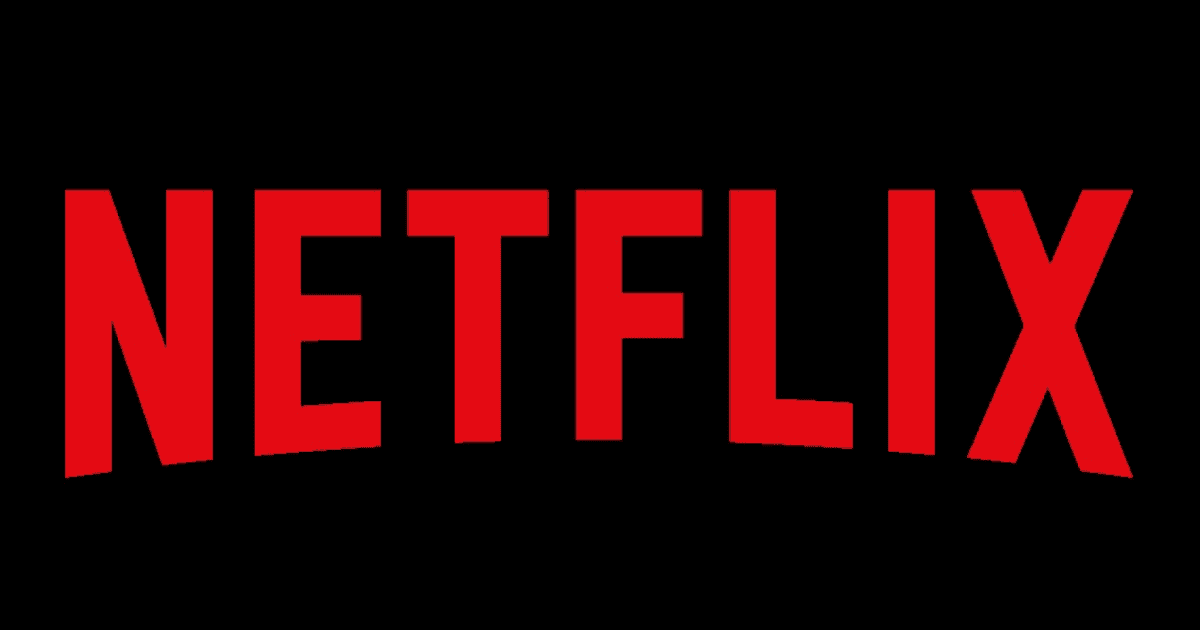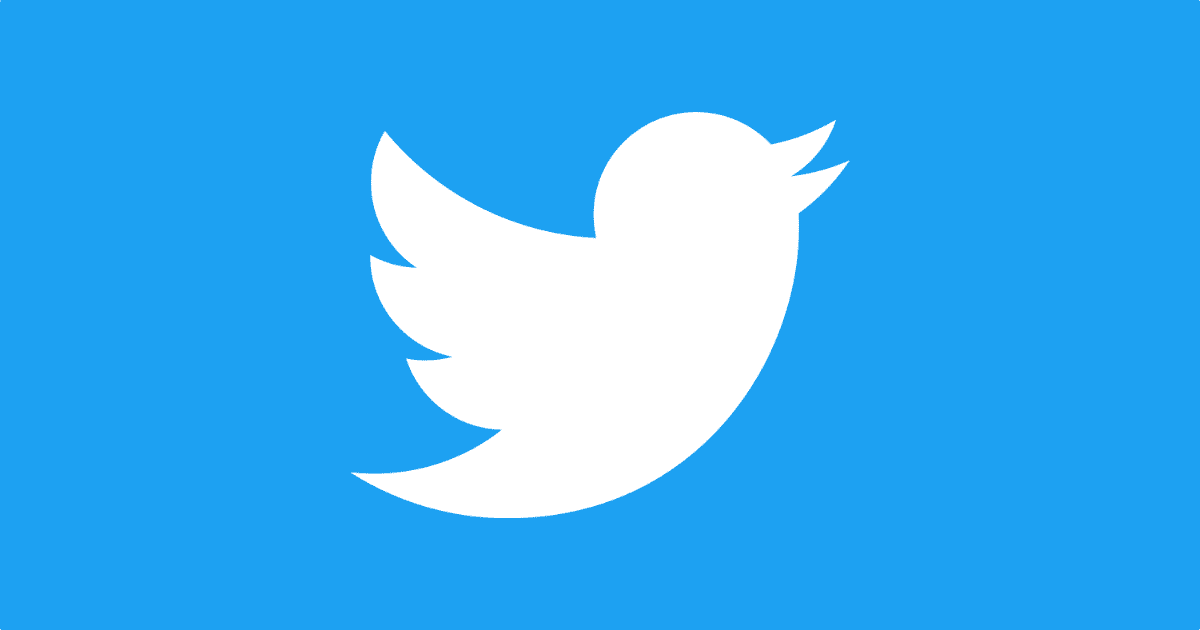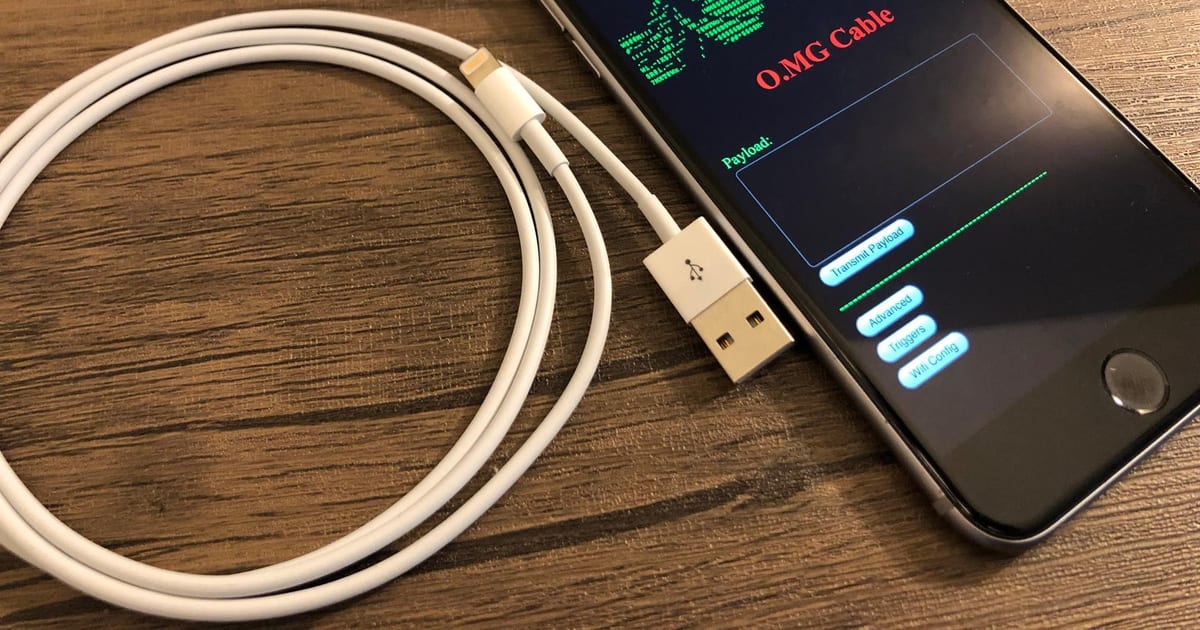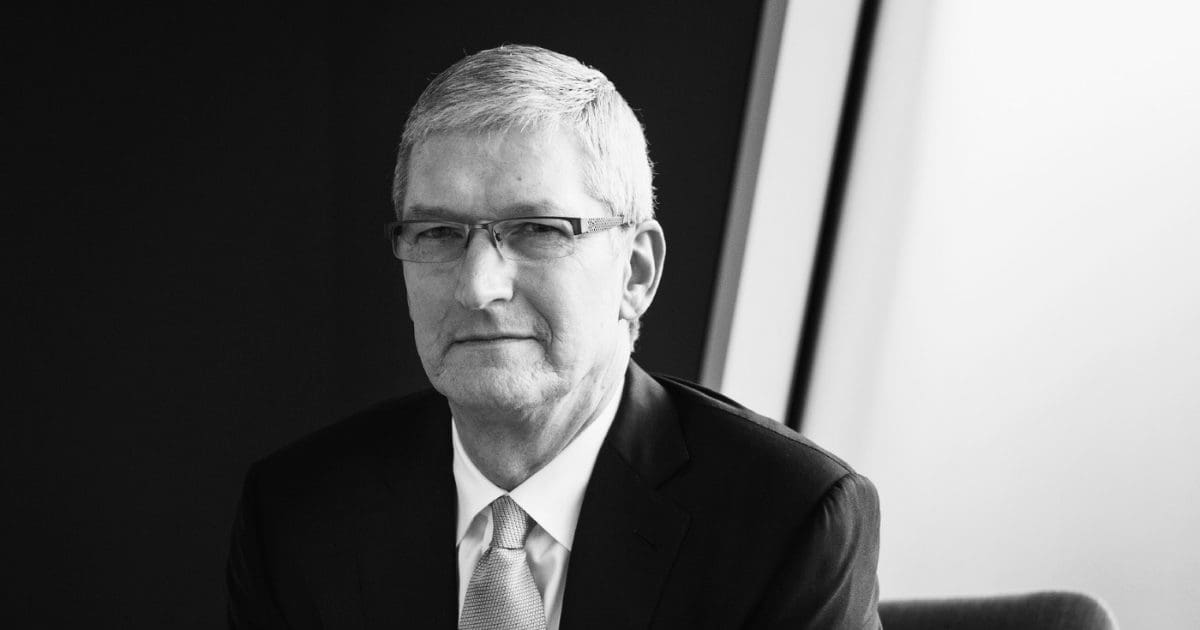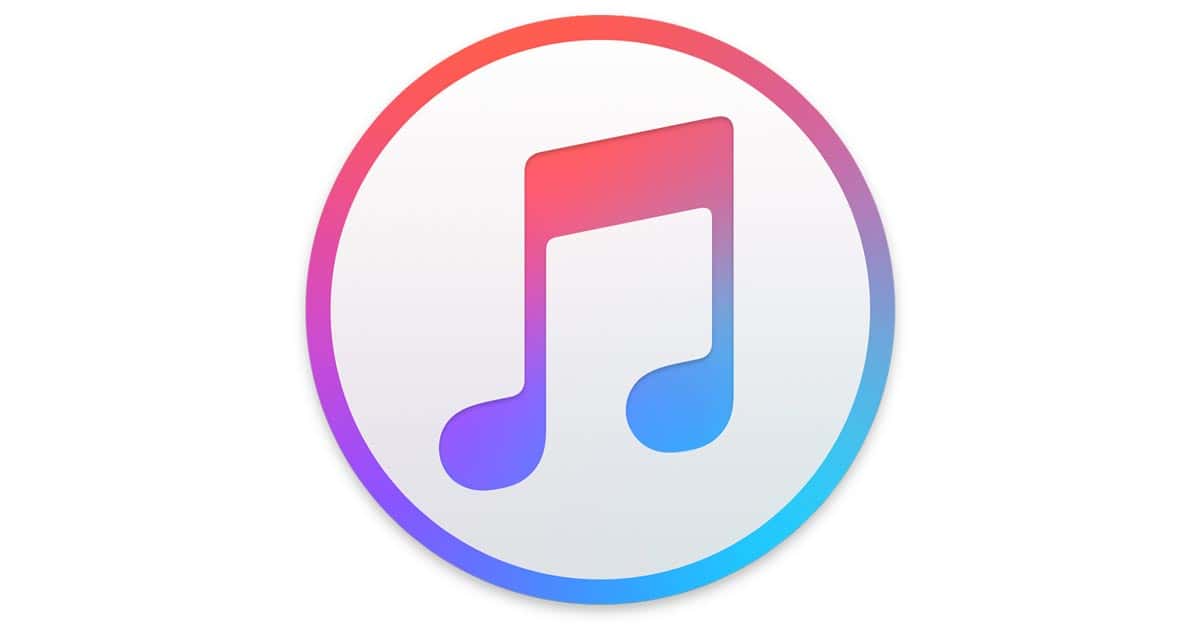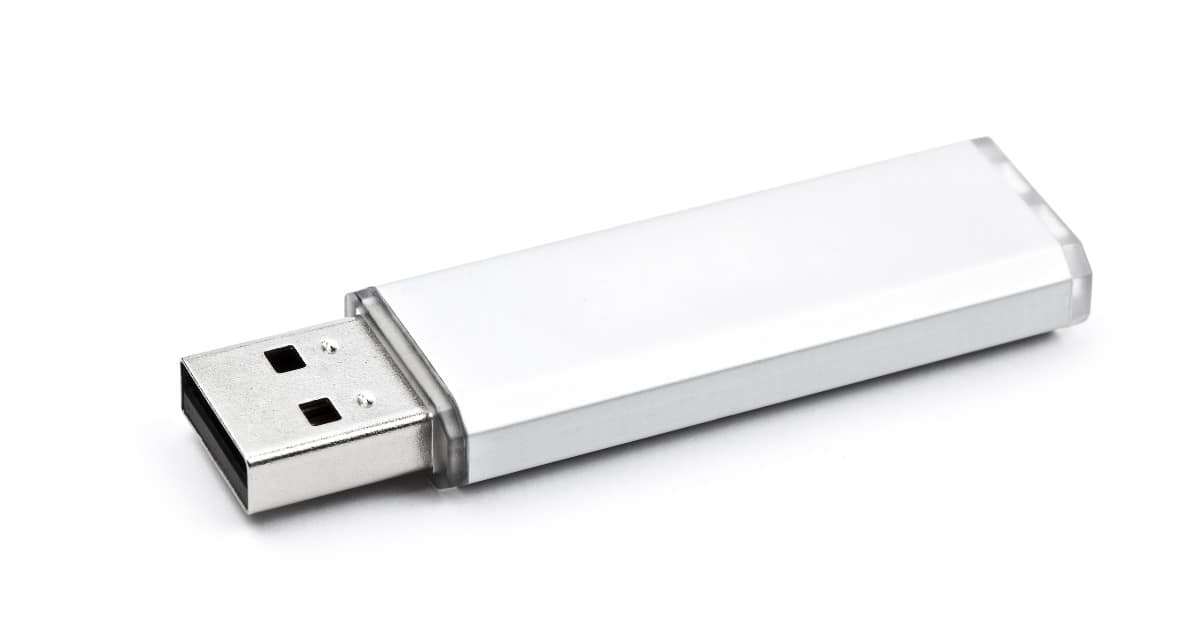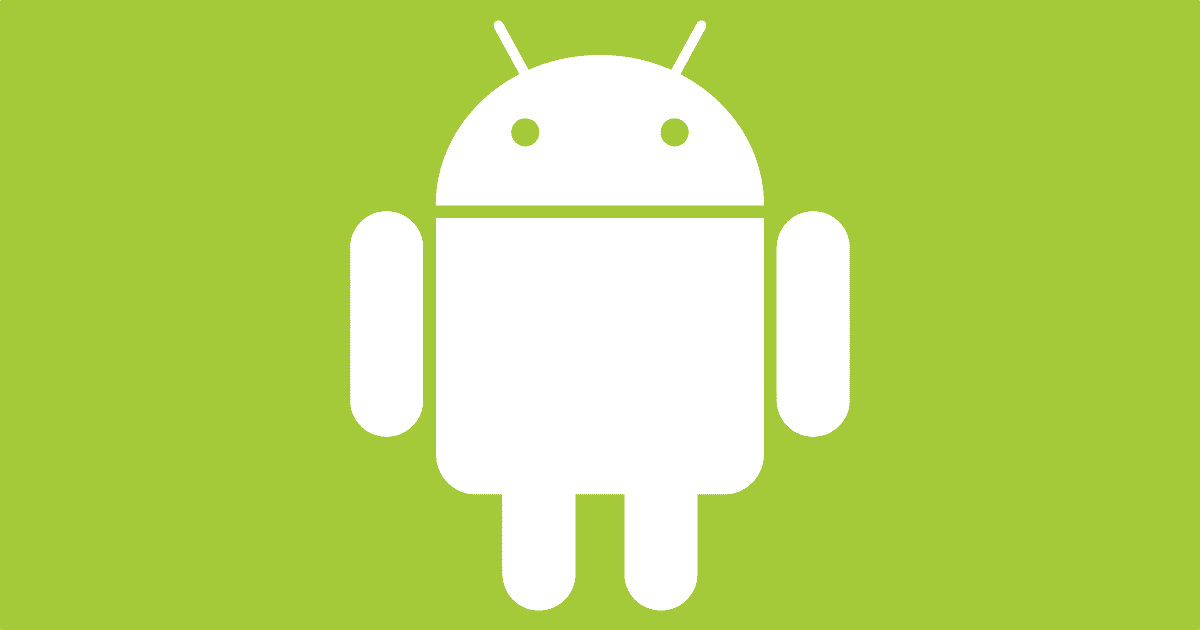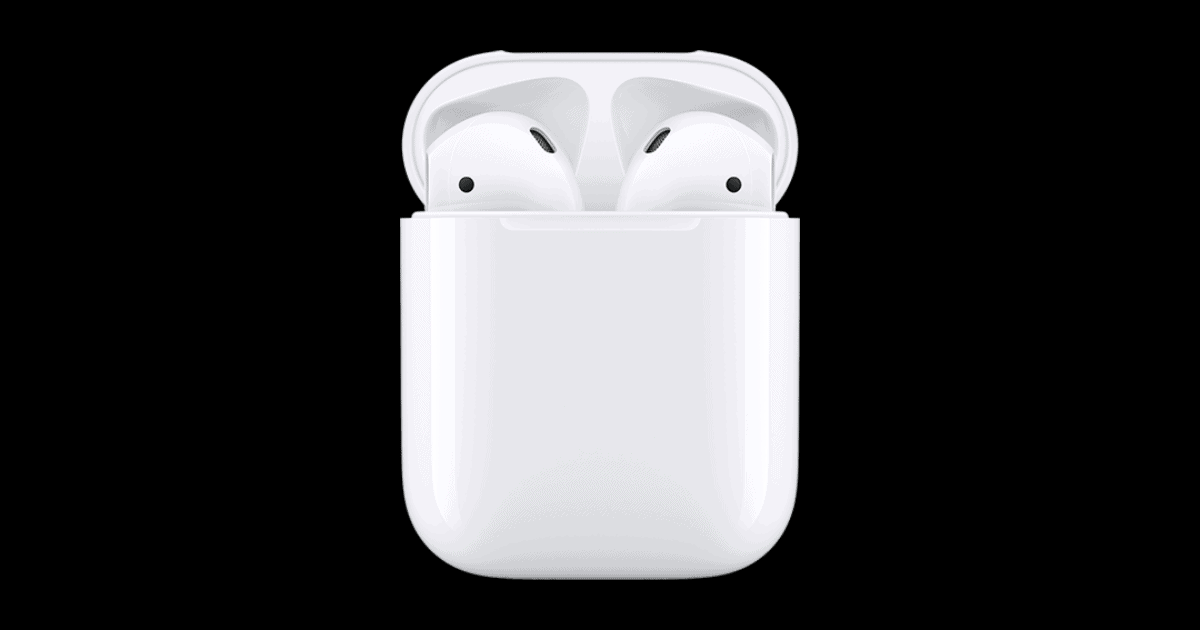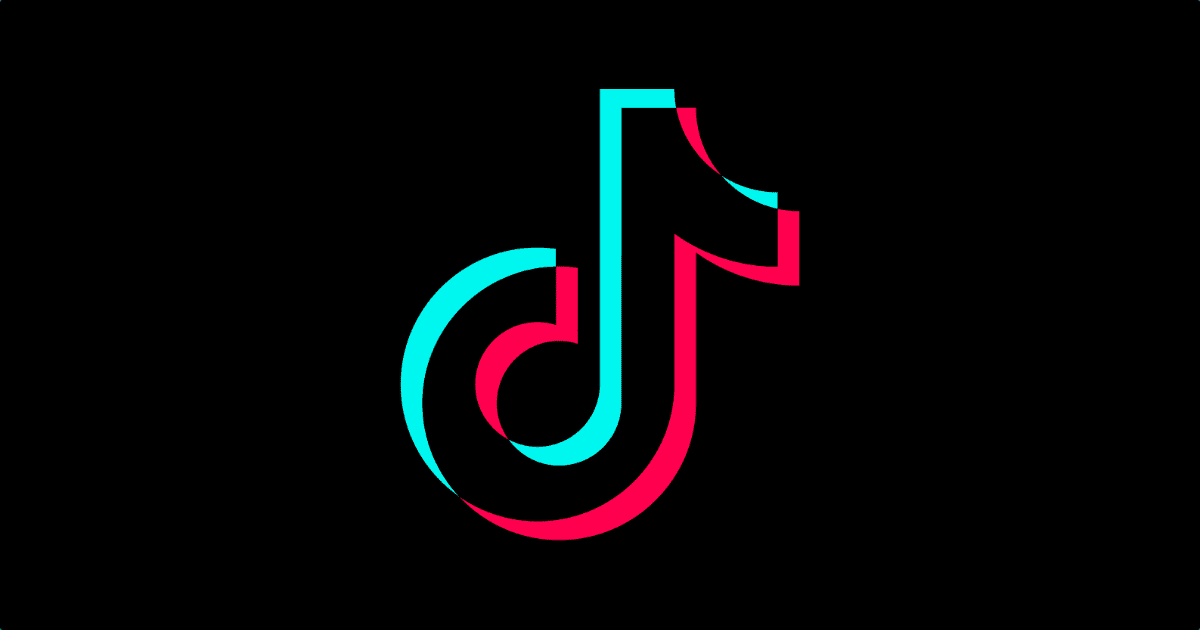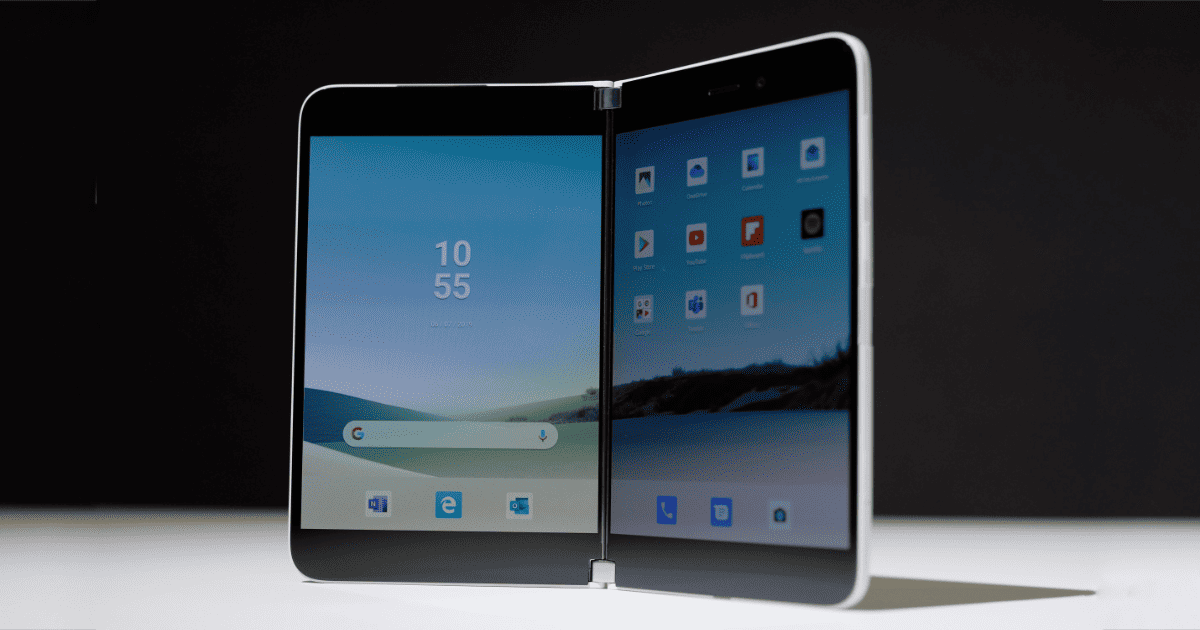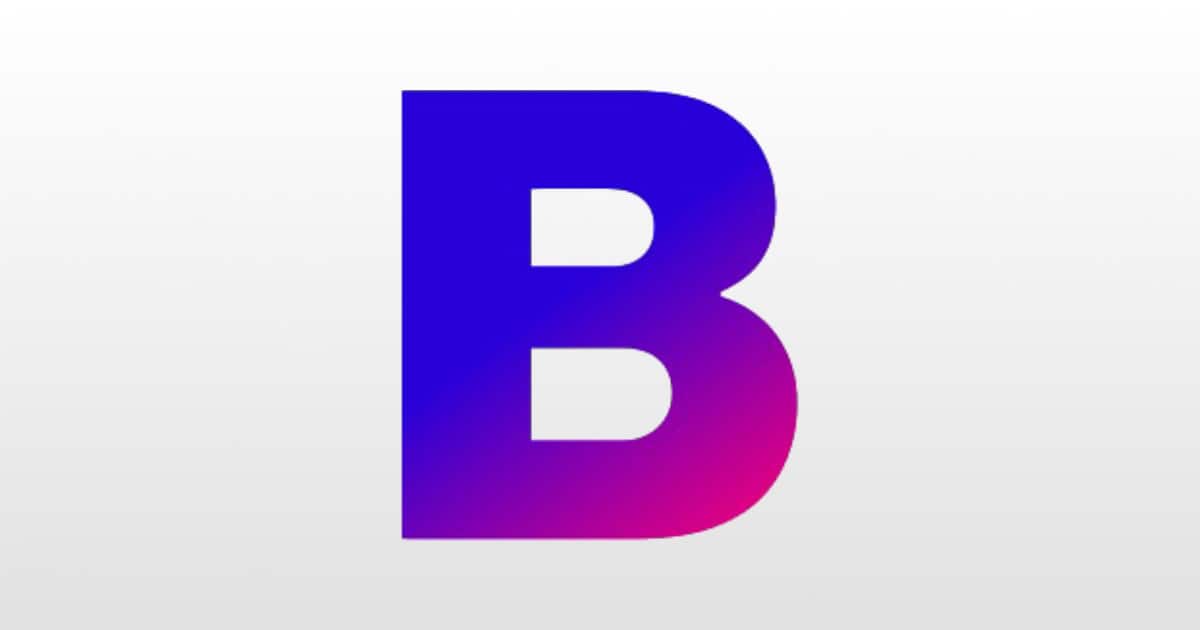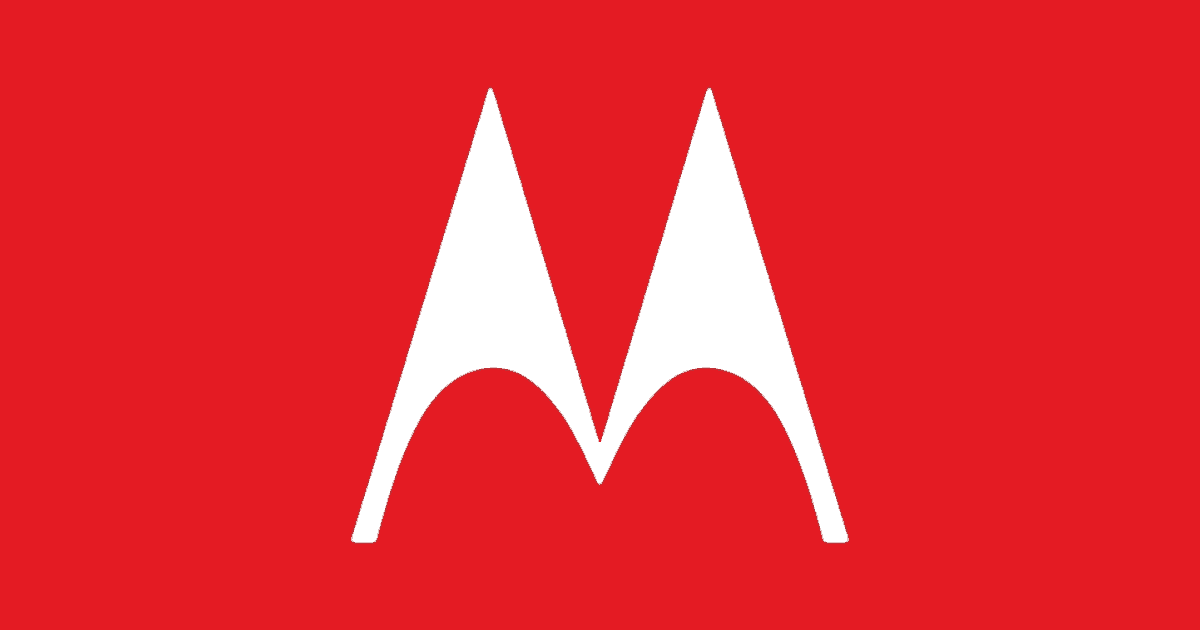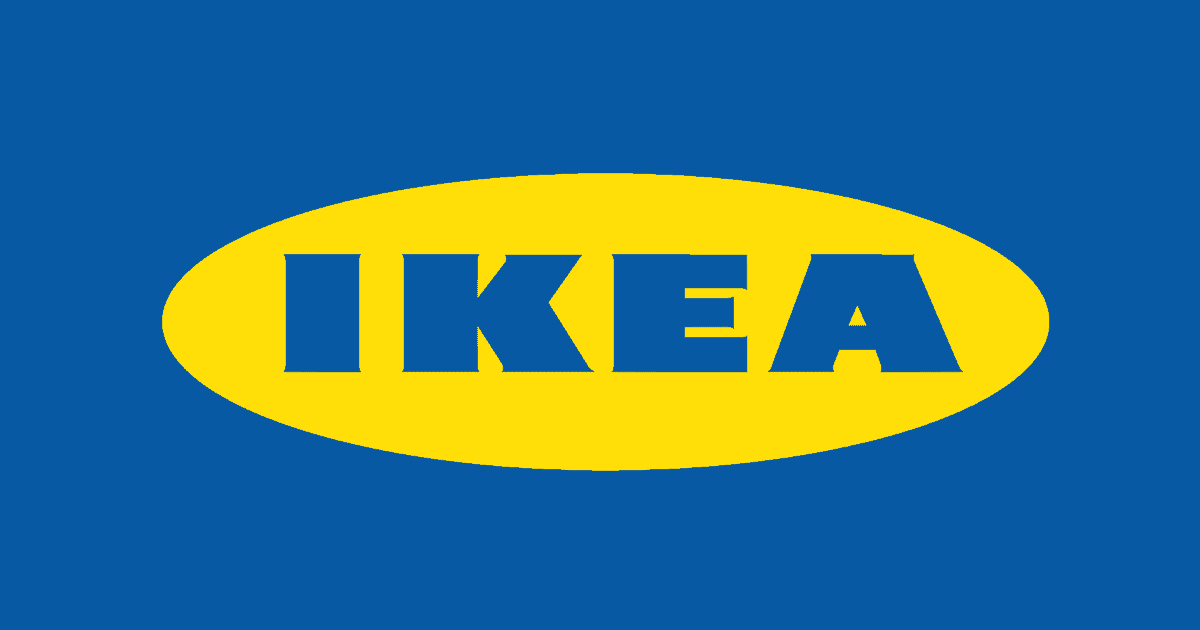With the release of macOS Catalina and Catalyst, many developers are now porting their iOS apps to the Mac. But not Netflix.
Last year, Apple Inc. software chief Craig Federighi said developers would be able to easily bring their iPad apps to Mac computers, essentially letting coders write an app once and deploy it across millions more devices. So far, the reality has fallen short for some developers and is even leaving consumers paying twice for apps. Major app developers and service providers like Netflix Inc. are also demurring on taking part, at least at this early stage.
I’ll be interested to see if Hulu ports their app over.
